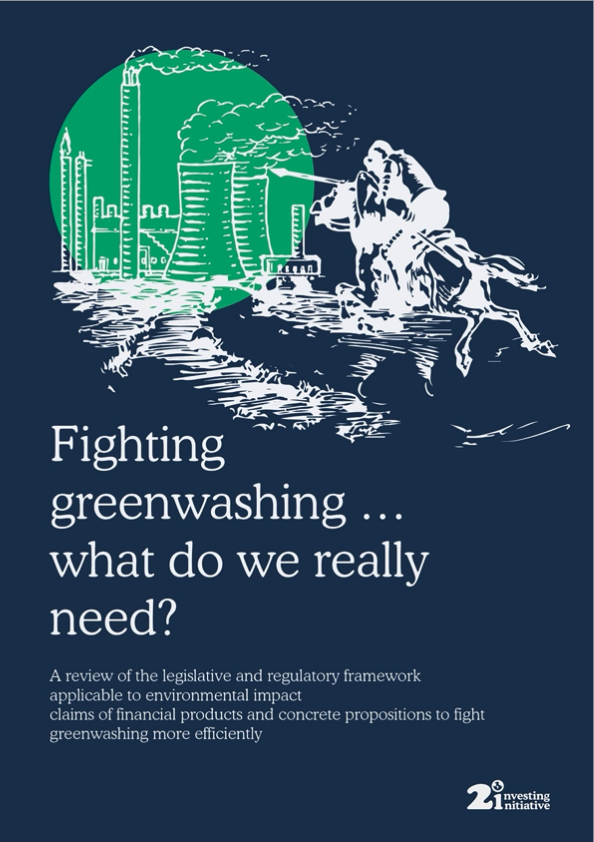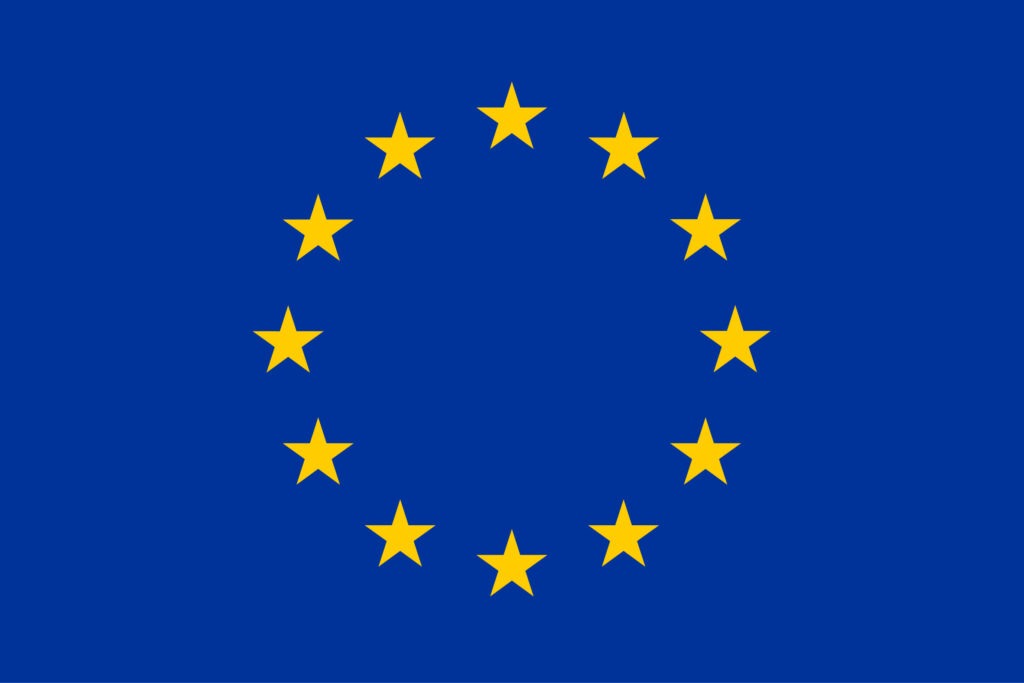2DII legal analysis ‘Fighting greenwashing… what do we really need?’ reveals that while general finance sector regulation is applicable to environmental impact claims in the finance sector, these rules are too general and high level to provide effective governance of environmental impact claims. More concerningly, the sustainable finance rules do not provide further assistance since they are not adapted to regulate environmental impact claims. Indeed, current sustainable finance rules do not accommodate the concept of investor impact and consequently are not aligned with the theories of attribution differentiating investee company impact and investor impact. Even worse, market practices that use SFDR categories as marketing labels may create additional confusion and greater risk of greenwashing, especially when combined with environmental impact claims.
The fact that consumer protection rules stemming from the Unfair Commercial Practices directive (UCPD) also apply in the finance sector context is not sufficiently well understood. These provide a much more rigorous approach to environmental claims but are not sufficient to regulate environmental impact claims and would benefit from being adapted to the financial sector. Indeed, the absence of a definition of environmental impact of the investor and the lack of recognised tools and methodologies to evidence impact prevent the efficient application of UCPD rules in the finance sector context.
Further problems are apparent when analysing regulatory oversight and enforcement and the legal framework for investor redress. Regulators and retail investors will be hindered by the fact that it is difficult to demonstrate an environmental impact claim is in breach of a clear set of regulatory provisions. In addition, the current investor redress framework may not be workable considering it is difficult to prove the loss caused by the misleading environmental impact claim.
We recommend several steps which are conceived so that they refine and improve the focus of several initiatives already apparent in the EU sustainable finance policy agenda:
1. As a first step, the Commission should provide specific rules at EU level to regulate environmental claims in the finance sector with a focus on environmental impact claims.
2. Further steps to integrate the notion of environmental impact in the finance sector include creating a separate category for impact-oriented financial products and developing methodologies and tools to evaluate the impact potential.
2. Developing guidance for responsible environmental impact claims can assist financial institutions with regulatory compliance.
4. Further research is required to identify suitable adaptations to the redress framework to ensure it is not a barrier to retail investors who want to take action.
5. Finally, assessing supervisory activities and capabilities to analyse barriers to the effective discharge of oversight responsibilities in relation to environmental impact claims.
2DII’s sister paper Integrating client preferences for sustainable investment … still a way to go (will be published next week) reviews progress towards integrating client preferences for sustainable investment into financial institution legal duties during financial advice and ongoing management of client investments. This sister paper also identifies a need to create a separate category for impact-oriented financial products in the context of improving financial institution legal duties. Taken together, these papers provide compelling evidence that the current sustainable product categorisation in the EU is currently not fit for purpose.
Register here for a webinar where we summarise our legal analysis from this paper and explore the recommendations articulated. The webinar will take place this Friday the 08.07 from the 10:30 from 12:00.
About our funder: The project leading to this application has received funding from the European Union’s Horizon 2020 research and innovation programme under grant agreement No 894345.





